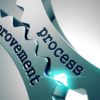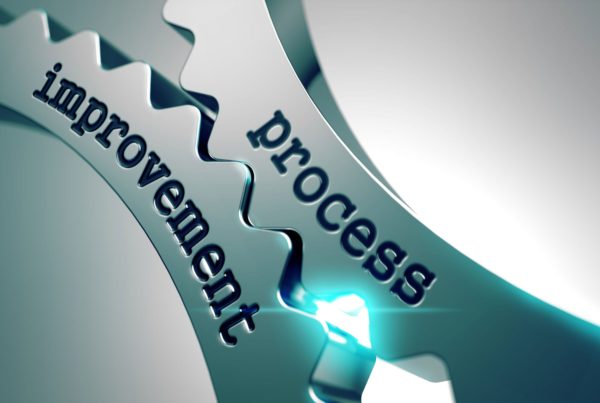By: Marie Zaleschuk
I’m an avid reader. I’m the lady with no shame as I browse through the self-help section of a bookstore. With a day job as a Process Improvement Consultant, I find it only natural to be drawn to books related to personal or professional development. Lately I’ve been reading a lot of books related to mindfulness, particularly Zen. Zen, simply put, is that state of centeredness which is here and now. It’s that place where your thoughts don’t get the better of you since you’re solely focused on the present moment. Zen is scientifically proven to lead to reduced stress, increased focus and more happiness. In one interesting study, the brains of Buddhist monks were scanned to show that neural networks can physically re-organize themselves to cultivate greater attentional skills. Consider it like optimizing your mind’s processes so that you’re able to be the best version of yourself for your customers, family, boss but most importantly you!
So how can we start to improve our performance through a greater understanding of Zen? Here are three foundational concepts to get you started:
- Realize that all you really have is the present moment: In Zen, the moment we call now is all that exists. How much time do you spend thinking about the past or worrying about the future? Once we realize that the only moment we really have is right now, we can begin to make better use of our time through our thoughts and actions. As Zen Master Thich Nhat Hanh states, “by taking care of the present, you are doing everything you can to assure a good future.”
- Accept that you are the author of your every next moment: How do you become a more fully present version of yourself? By being the creator of your next experience. Can you think of any preconceived notions that might dictate your experiences? To what degree do you create your experience through that particular lens? One key Zen principle that can assist you with optimizing whatever is currently happening is the belief that every experience is for your maximum benefit. In that way, even if you are facing a perceived difficultly, you are better equipped to react to it by knowing that it is for your ultimate benefit.
- Observe yourself, without judgement: In order to maintain a Zen state of mind, you must observe your thoughts and feelings, but without any judgement. It is so easy to get caught up in a ‘negative reaction’ to something. The outcome of this is usually never for our benefit as we tend to get lost down the rabbit hole of our own mind. By objectively observing your thoughts and feelings it becomes easier to understand the root cause of your reaction, and better develop a solution in the here and now. This method is particularly helpful in times of change as it allows you to make better personal and business decisions based on objective reasoning rather than emotion.
There is a certain simplicity that makes sense with the Zen way of thinking. Application on the other hand, is always a bit more difficult. Stay tuned for my next article where I’ll provide simple tactics to start applying Zen in your daily life without the need for thousands of hours of mediation or a Tibetan retreat (although those would be nice!). Until then, let us know which Zen principles you have applied or the ones you may find more challenging in the comments field below.
Stay mindful.








